“You can grow up to be anything you want to be,” my father always said to me. “Just never a fucking Yankees fan.”
And so, I was raised to be a Boston sports fan. Despite my disinterest in all things sports-related and growing up primarily in West Virginia, my dog was subsequently named Fenway after Boston’s famous ballpark, my cat was named Papi after David Ortiz and my other dog was named Tessie after the Dropkick Murphys’ anthem about the Red Sox.
“At least your brother isn’t named Brady or Pat,” my mother reminded me. “Things could be a lot worse.”
With time, I accepted that my predetermined destiny was to sport Red Sox hats and defend Tom Brady’s “Deflategate” scandal to the other kids at school. But I openly admitted that I only considered myself a “social sports fan,” implying that I would never watch the Boston teams play alone in my room. Watching sports was reserved for group settings only.
Waves of immigration produced die-hard sports fans.
Unsurprisingly, a cherished Noone family Thanksgiving tradition — one that 44.1 million Americans share — is turning on an NFL game. We gather around to watch the New England Patriots game and have a communal yelling match with the television where everyone seemingly forgets to pronounce the “R”s in every other word. Each year, my extremely Irish-American family relishes in this tradition — Boston sports have become our heritage.
My great-grandparents immigrated from Galway to Boston along with two million other Irish people who were desperately trying to escape the Great Famine. By 1850, the Irish made up 26% of Boston’s population, a percentage that doesn’t even account for other large immigrant populations such as Italians or Eastern Europeans that moved to the city.
Cities such as Philadelphia and New York experienced similar immigrant population booms during the Second and Third Waves of Immigration, which lasted from 1820-1920. Immigrants, such as my great-grandparents, began the process of cultural diffusion — much of which revolved around professional sports.
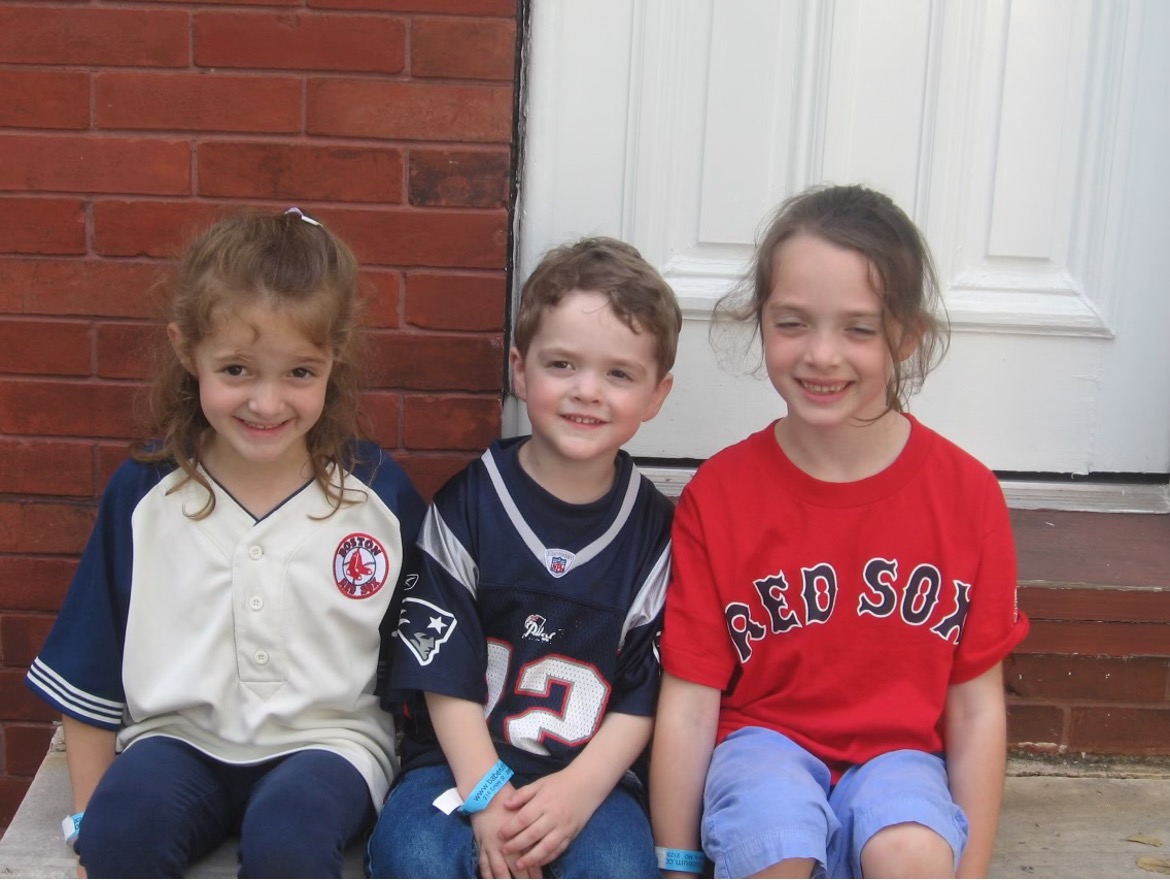
As the new immigrants began the process of assimilating into American culture, a new form of entertainment arose to prominence — professional sports. The National League and American League combined to form Major League Baseball in 1903, the National Football League was formed in 1920 and the National Hockey League was formed in 1917.
Often immigrants could not speak English and worked grueling labor jobs for low wages — typically for wealthy, Anglo-American men — but, on the field, it didn’t matter. When the Red Sox were playing, class divisions dissolved, and the city became united in their newfound support for their team.
Immigrant cities subsequently became the strongest sports cities today.
According to Forbes in 2020, Boston was the best sports city in America. Philadelphia was ranked second, and Chicago was ranked fourth. Each of these cities was an immigration hub when their teams were founded, and sports fandom culture was created through collective support and interest in these games.
David Q. Voigt writes in his book “America Through Baseball” that baseball was “a primary vehicle of assimilation for immigrants into American Society and a stepping stone for groups such as Irish Americans.”
In fact, according to Voigt, if it weren’t for the Irish immigrants’ vocal anti-English sentiment, cricket would not have reduced in popularity, and baseball would never have become America’s pastime.
Sports have the ability to bridge the gap between personal differences and foster a connection with other fans, but it’s more complicated than just that.
Sports provide a sense of belonging and identity.
Second and third-generation immigrants lacked the sense of belonging to a country and culture that their parents and grandparents had or that Anglo-Americans had. Their traditions, names and languages were diluted and lost with the decades, which caused a loss of national identity.
Over 17 million Americans are of Italian descent, but only a little over a million people in America speak Italian at home. My great-great-grandfather named his son Sam, so he would appear less Italian, a phenomenon that was very common at the time. Immigrants were discriminated against because of their heritage and therefore worked strategically to minimize it.
This attempt to assimilate for social survival resulted in a loss of the sense of belonging with their children and grandchildren who were born in America. The National Library of Medicine notes that a sense of belonging is “a fundamental human need that predicts numerous mental, physical, social, economic and behavioral outcomes.”
Rooting for their city’s sports teams replaced their loss of heritage and gave immigrant children and grandchildren a cultural identity to connect to as well as a sense of belonging. They began to pass down this identity to their children; thus, the cycle of sports fanaticism continues.
My father is 100% genetically Irish. He doesn’t speak any Gaelic or celebrate Samhain, and he was not married under Lughnasadh. When I think back to my childhood, an image of him wearing his Kelley-green, Red Sox hat with a shamrock crystalizes. I remember throwing toilet paper rolls and tennis balls in the streets of Boston after the Celtics won the NBA Finals in 2008. The mythic gods of my childhood were not Cu Chulainn or Arawn — they were No. 4, Bobby Orr and Ted Williams. My siblings and I danced to Dropkick Murphys and cried together when the Patriots lost the Superbowl.
Sports fandom is deeper than just a game. It has ingrained itself in our culture and heritage, no matter if you are a social fan like myself or if you bleed Celtics green like my father. So when you begin to roll your eyes at the annoying sports fans in your life, remember it is a crucial part of their heritage — you might as well embrace who you were born to be and just put on the jersey.
Writer’s Note: This doesn’t apply to Philadelphia fans. You guys are the worst, and no child should be subjected to being born an Eagles fan.


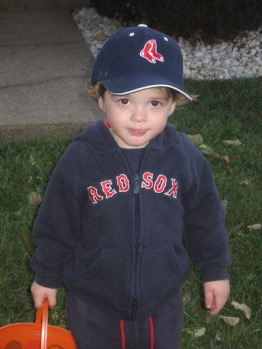









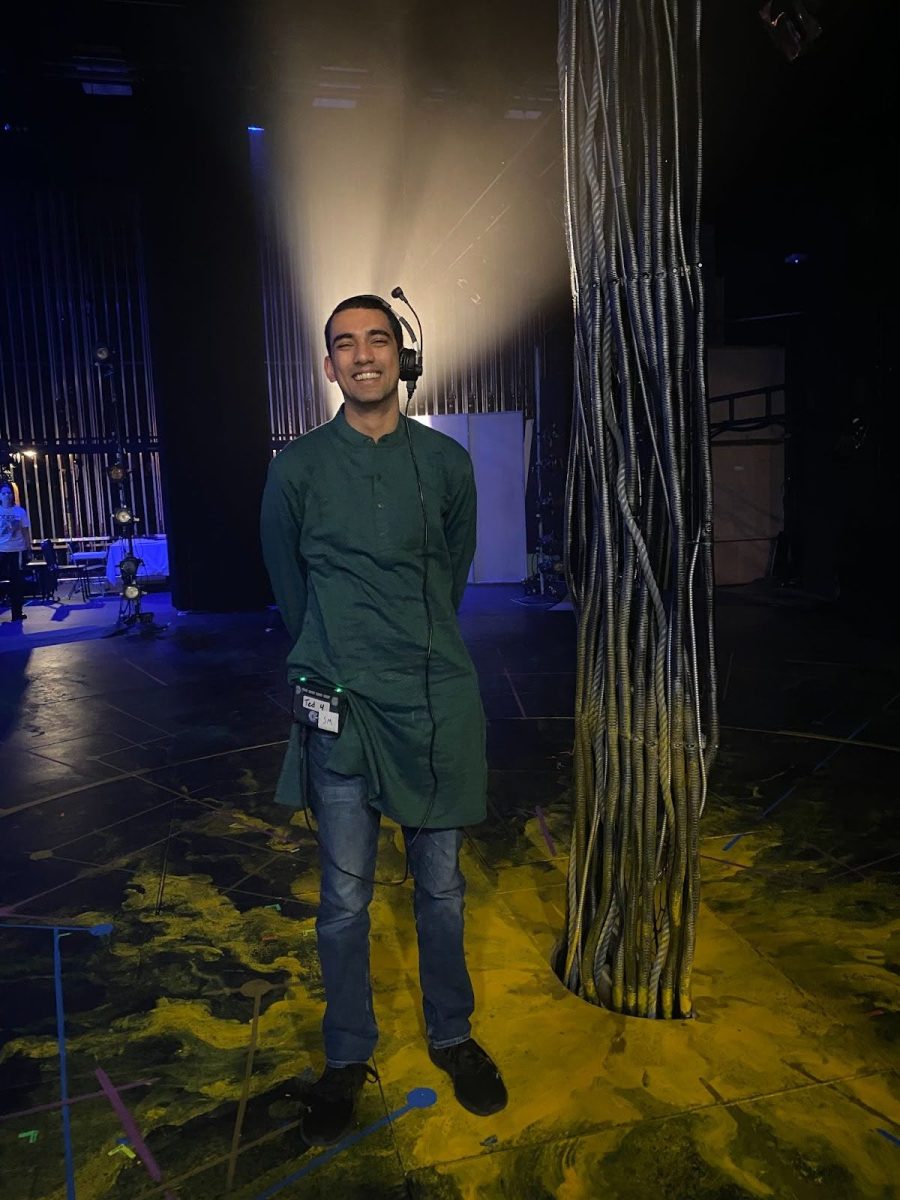
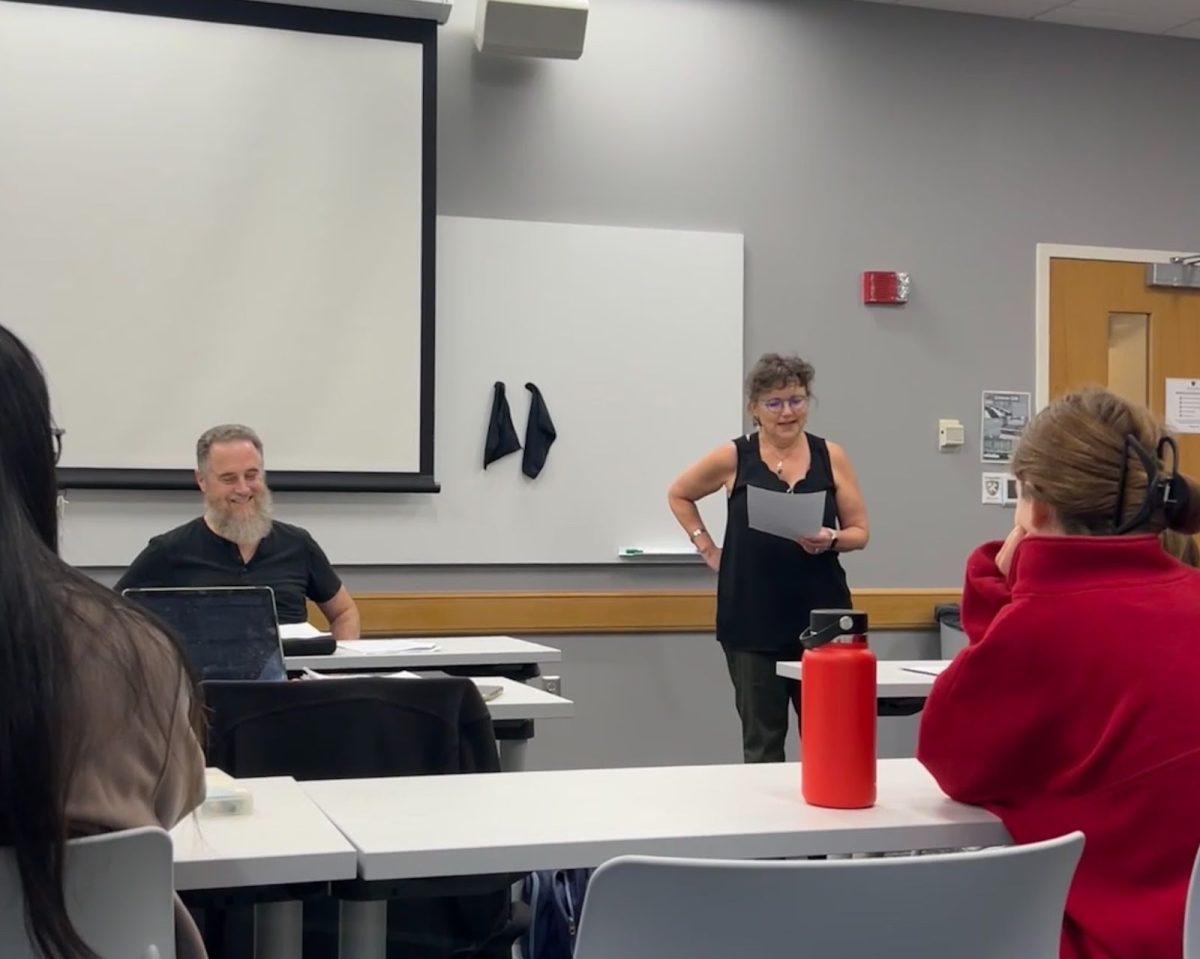
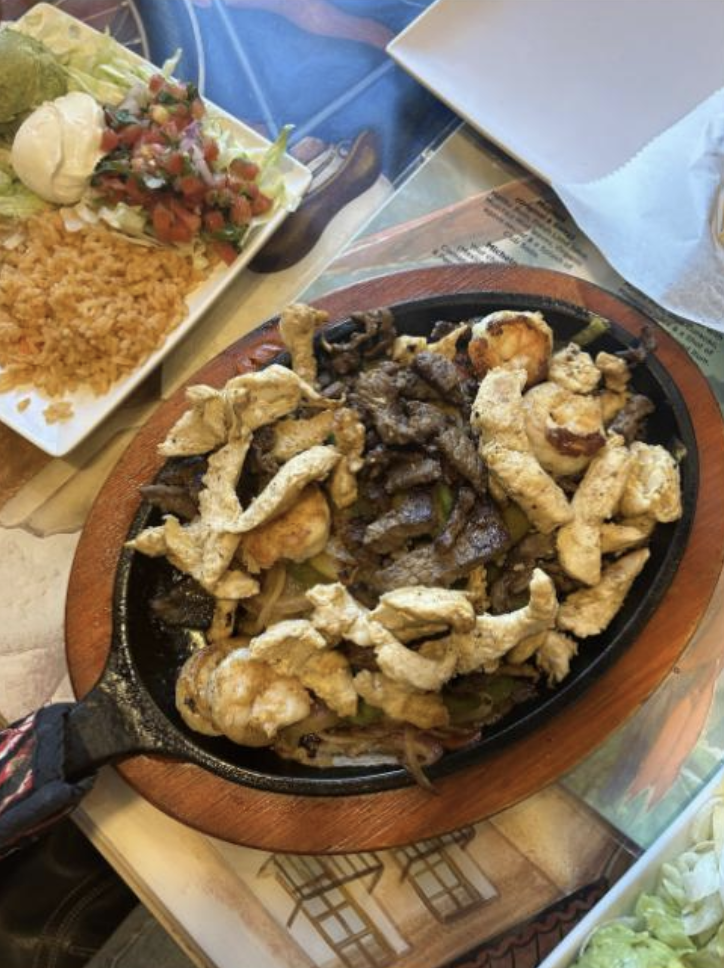
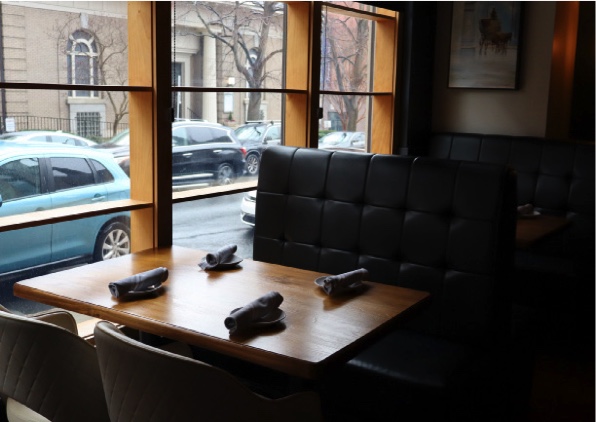
Luke Nolan • Nov 29, 2023 at 10:09 am
VIRGINIA !!!love the insight, whit, cynicism and genuine style. The world is a better place w Virginia Noone’s as our future! Lead on! The world wants to read more of your work
Dallas Tx